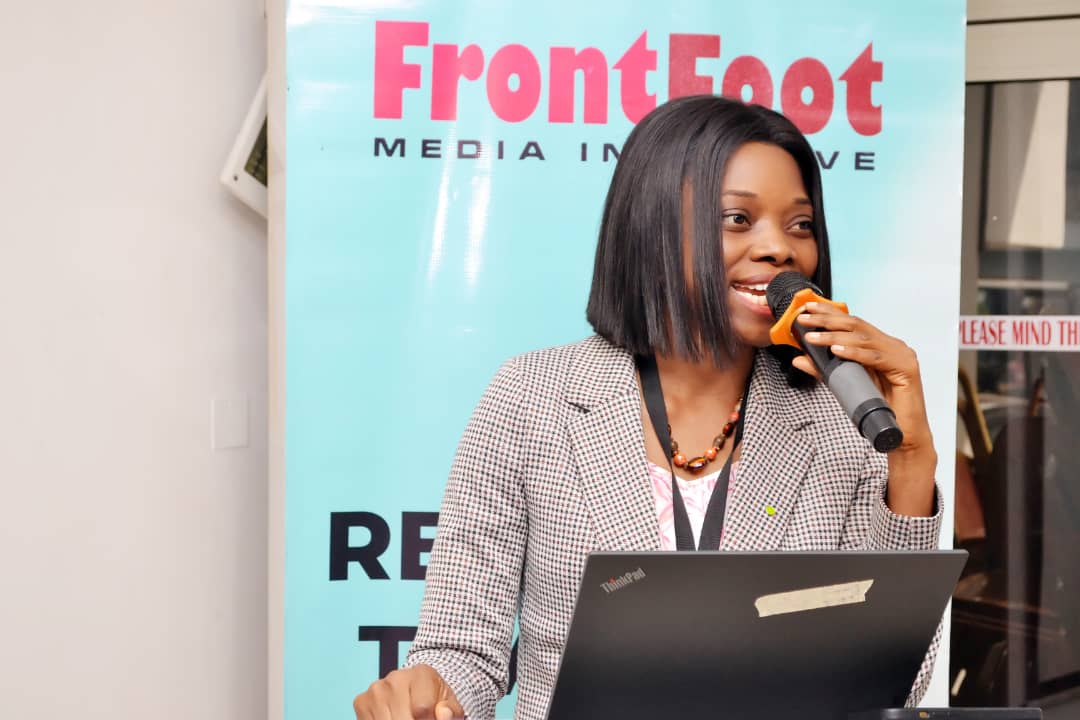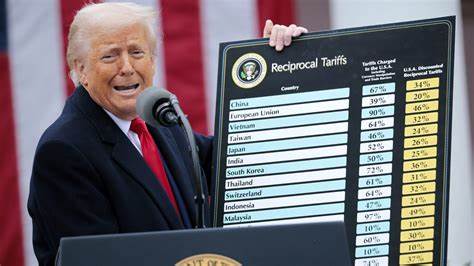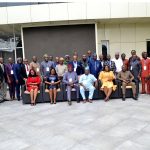Ms Bolanle Onawumi, a partner at one of the major accounting firms, Deloitte, has highlighted points about statutory audits, dispelling common misunderstandings.
Speaking at the fourth Audit Reporting Workshop organized by the FrontFoot Media Initiative at GulfView Hotel, Ikeja GRA, Lagos, Ms. Onawumi emphasized the necessity for adhering to international accounting standards and local regulations in both public and private sector financial statements.
Join our WhatsApp ChannelShe stressed that involving independent external auditors is vital to instilling confidence in financial statements.
During her presentation, Onawumi stated that auditors should not be mistaken for detectives, anti-fraud experts, or a clearing house. She asserted, “The primary objective of an audit is to boost user confidence in financial statements, offering an opinion on whether these statements adhere to applicable financial reporting frameworks.”
READ ALSO: Ekiti Audit Report: Unaccounted Funds, Receipt Irregularities, Others Plague LGs
Onawumi clarified the role of auditors, noting that while they may uncover fraud during their procedures, the responsibility for detecting and preventing fraud rests with company management. She also dispelled the misconception that auditors are responsible for preparing financial statements, stating, “The audit opinion doesn’t serve as a ‘certificate’ for all decision-making purposes, including takeovers.”
The Assurance partner stressed the significance of understanding audit opinions, highlighting the distinction between unqualified or clean opinions and modified opinions. Modified opinions may include adverse opinions, disclaimers, or qualified opinions, depending on specific audit circumstances.
Onawumi highlighted the necessity of preparing financial statements in line with an acceptable accounting framework, such as the International Financial Reporting Standards (IFRS), ensuring consistency, accuracy, and transparency in reporting. She elucidated, “IFRS offers guidance for presenting financial statements that reflect a true and fair view of an entity’s financial performance, position, and cash flows.”
Speaking about the FrontFoot Media Initiative’s training program on Audit Reporting, Emeka Izeze, director and partner, emphasized its role in educating journalists to interpret audit reports accurately. He noted that the program’s aim is to empower journalists to produce enlightening stories that inform and engage the public while discouraging impunity.
He said: “Participants learn how and where to locate the relevant reports, interpret the material, and write engaging news stories and features that will enlighten, stimulate and empower the electorate, and discourage impunity”.
The workshop series organized by FrontFoot Media Initiative has been conducted in various cities, including Benin, Awka, Abuja FCT, and Lagos, aiming to enhance journalists’ capacity to report audit findings effectively.
Emmanuel Ochayi is a journalist. He is a graduate of the University of Lagos, School of first choice and the nations pride. Emmanuel is keen on exploring writing angles in different areas, including Business, climate change, politics, Education, and others.



















Follow Us